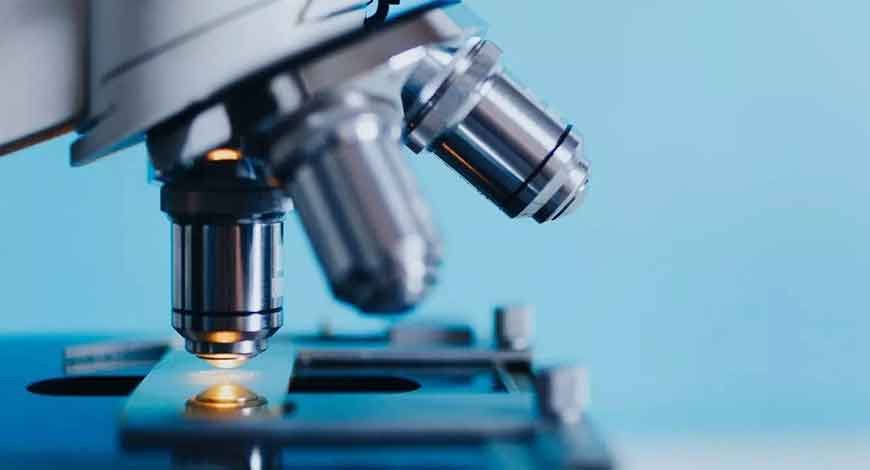Trends
Researchers develop biosensor device that can detect breast cancer from saliva

Breast cancer rates are increasing, but a new tool for early detection offers hope.
Researchers from the University of Florida and National Yang Ming Chiao Tung University in Taiwan have developed a handheld breast cancer screening device.
Published in the Journal of Vacuum Science & Technology B, the biosensor uses common components like glucose testing strips and an Arduino platform. It detects breast cancer biomarkers (HER2 and CA 15-3) from a small saliva sample in under five seconds, making it portable, reusable, and efficient.
HER2 and CA 15-3 cause breast cancer cells to begin to develop and grow at super quick rates – making it harder to treat.
This cost-effective technology could be especially impactful in areas lacking resources for traditional breast cancer screening methods.
The lead author, Hsiao-Hsuan Wan, said that the biosensor can have a transformative impact on breast cancer screening, especially in communities or hospitals.
The portability of the device, approximately the size of one’s hand, coupled with its reusability, makes it an excellent choice for efficient and widespread screening.
The process involves paper test strips treated with specific antibodies interacting with targeted cancer biomarkers. A saliva sample applied to the strip undergoes pulses of electricity, prompting biomarkers to bind with antibodies.
This interaction alters the charge and capacitance over the electrode, resulting in a change in the output signal. This change is then measured and translated into digital information, providing insights into the concentration of biomarkers present.
Compared to traditional methods such as mammograms, ultrasounds, and MRIs, the biosensor design is revolutionary.
These conventional methods are not only costly and invasive but also require specialised equipment, expose individuals to low-dose radiation, and often entail a prolonged wait for test results.
The handheld biosensor, however, offers a cost-effective alternative, with the test strip costing just a few cents and the reusable circuit board priced at $5.
Wan said that the global impact of their creation, particularly in developing countries where advanced technologies like MRI may not be readily available.
The biosensor requires only a drop of saliva, providing accurate results even with a minuscule concentration of one femtogram of the cancer biomarker per millilitre.
Wan expressed excitement about the potential to bring accessible and effective breast cancer screening to people worldwide, marking a significant step forward in the fight against this prevalent and life-threatening disease. India Today














